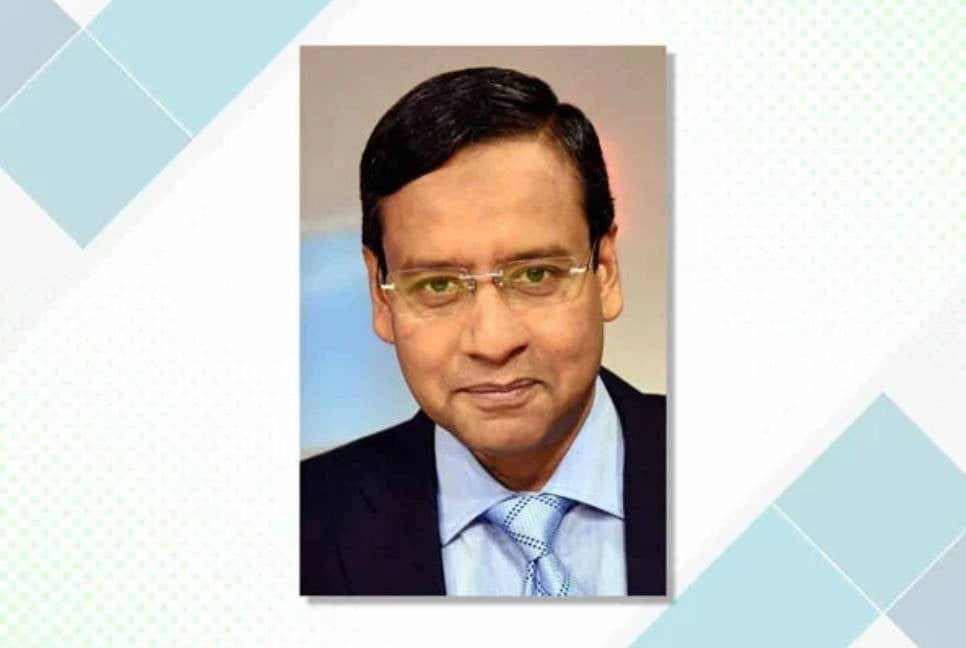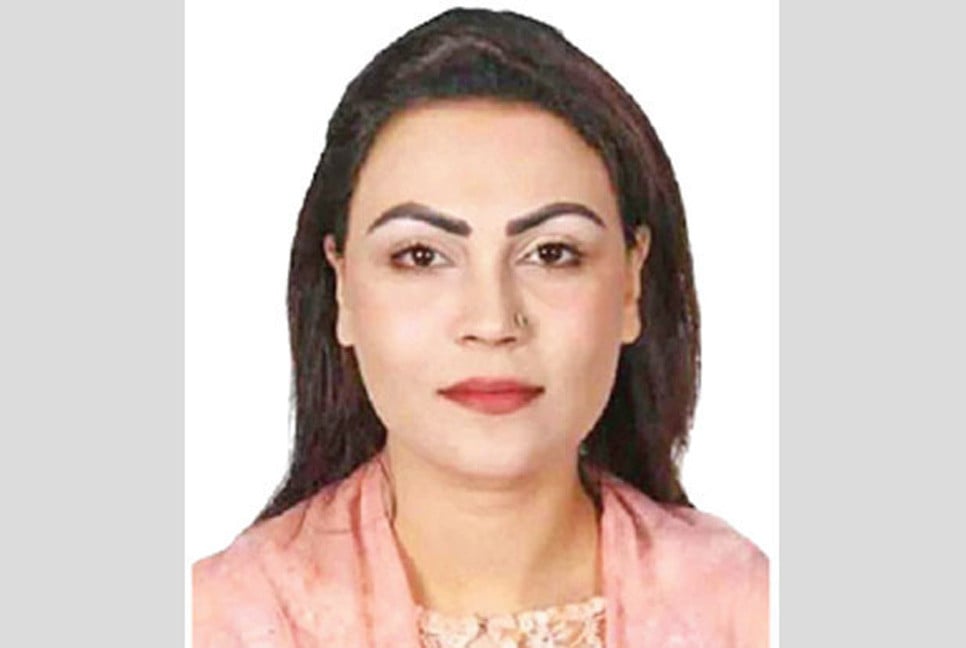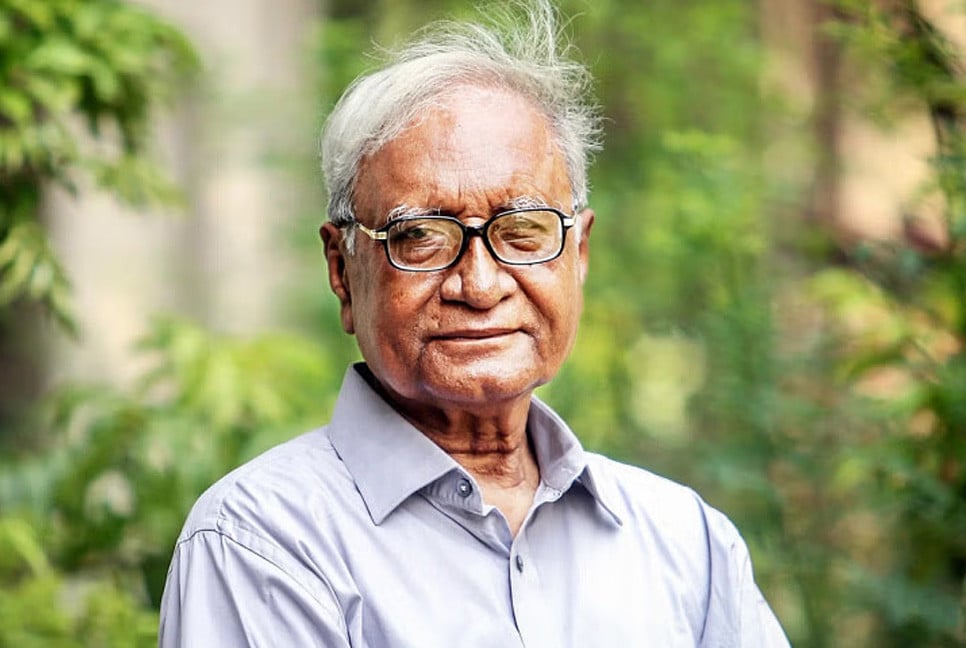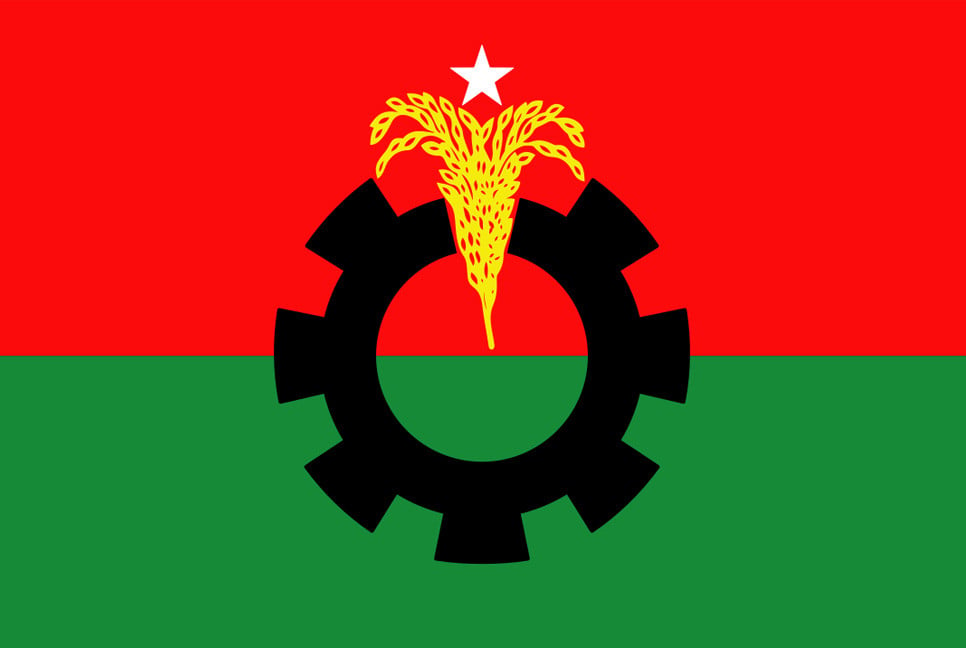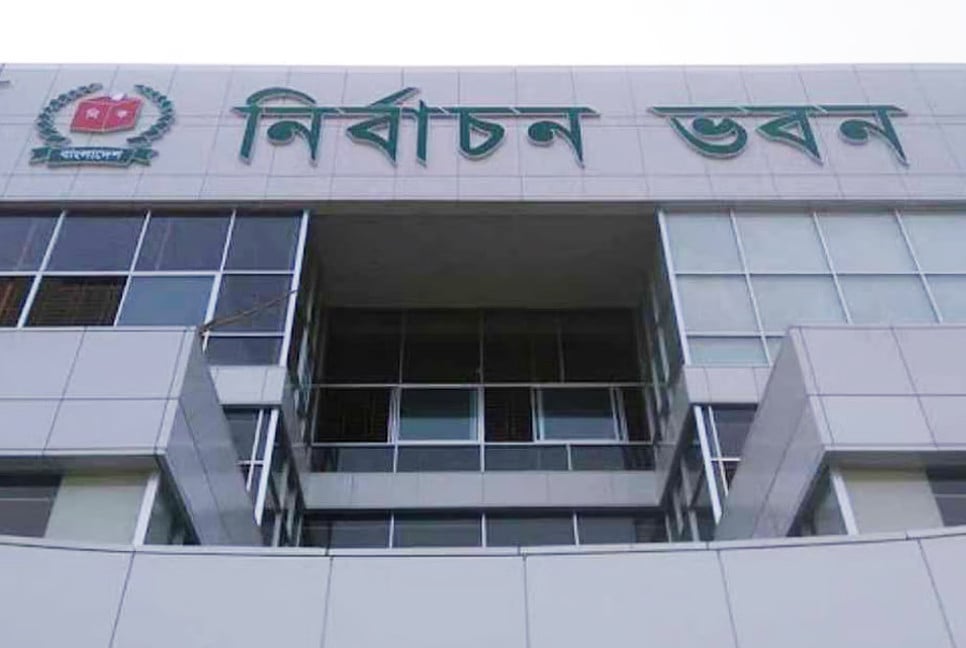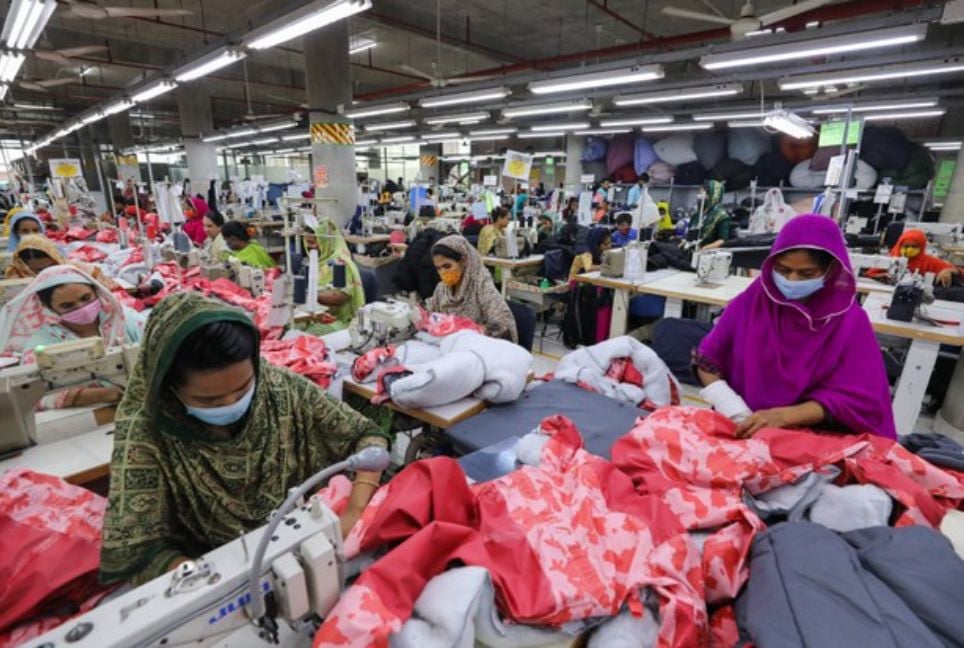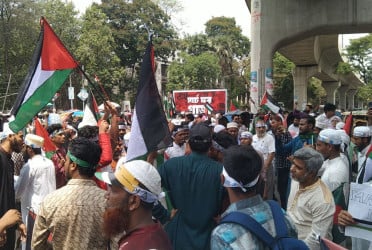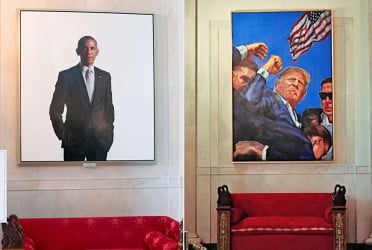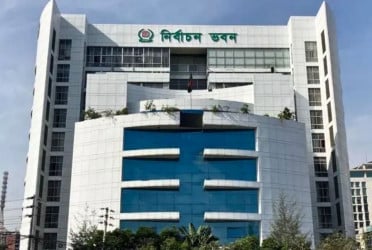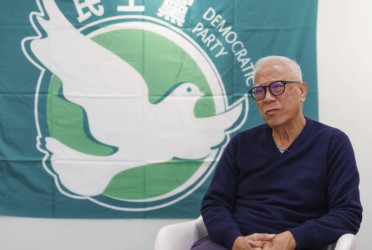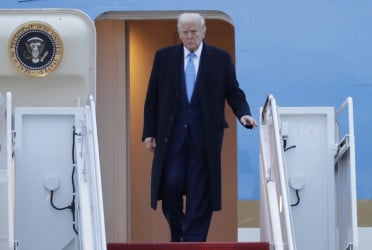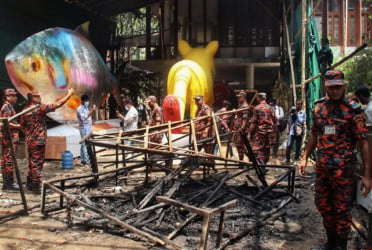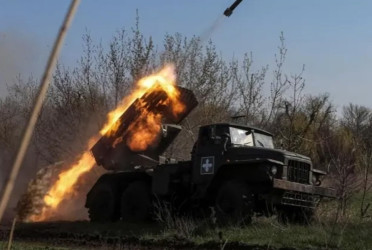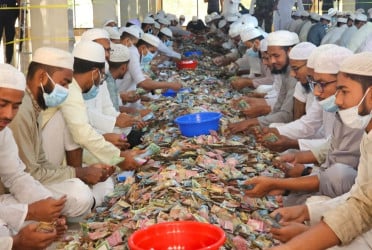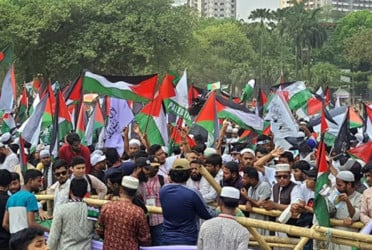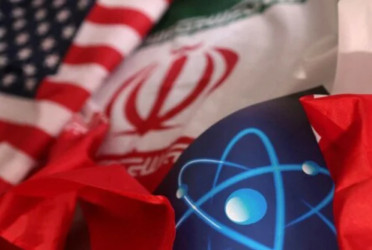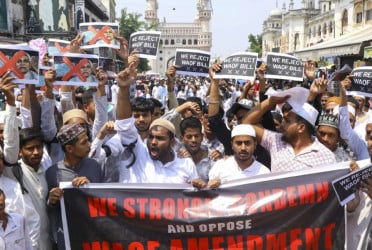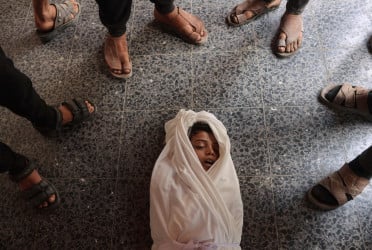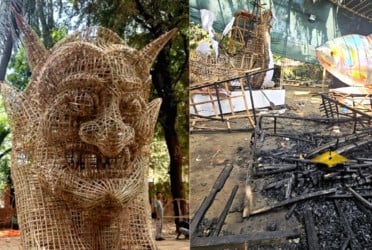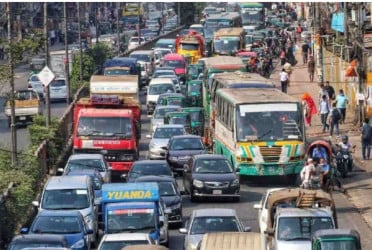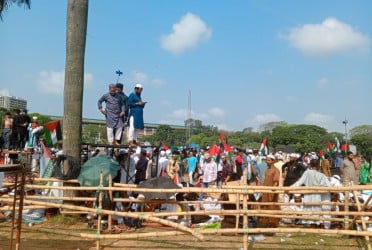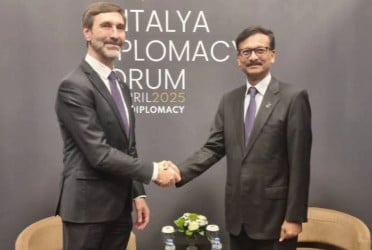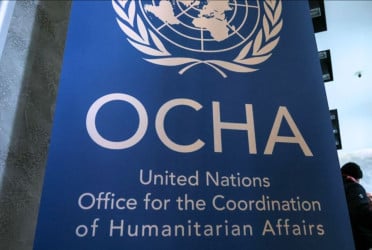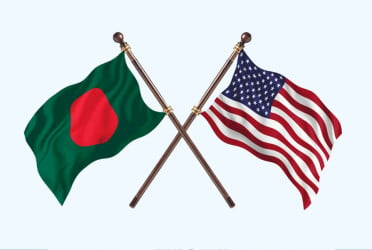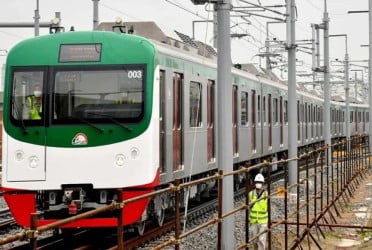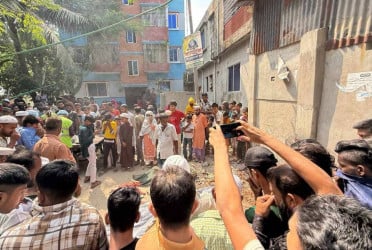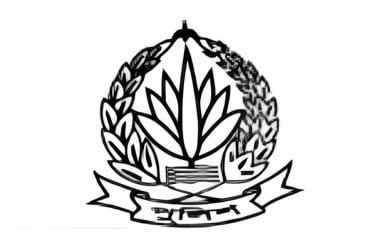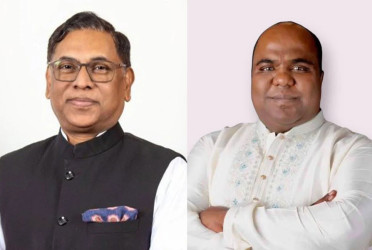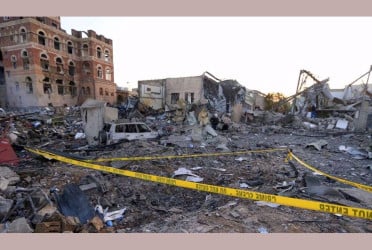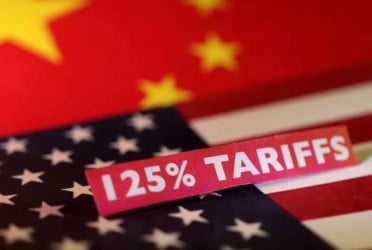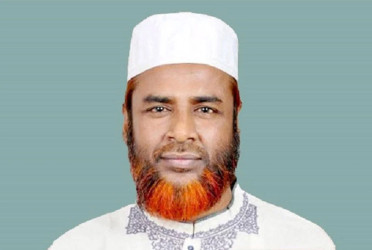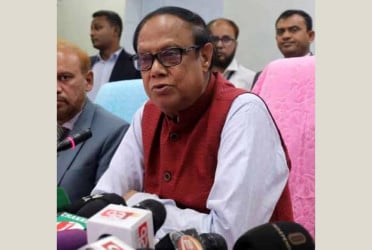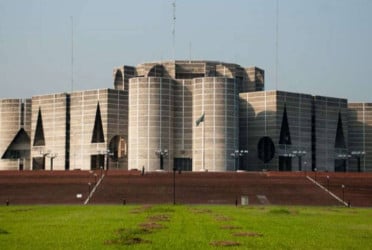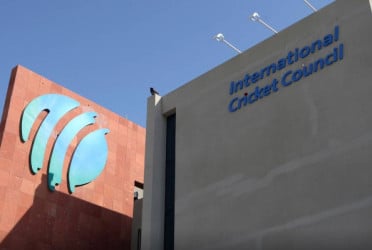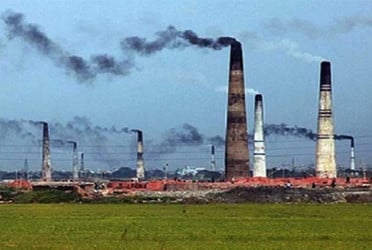Let us dive straight into the discussion without any preamble. Today’s topic covers a broad spectrum, closely tied to the political landscape involving the Awami League, BNP, and Jamaat. In recent times, even smaller political parties, including the Jatiyo Party, have gained significant importance, fueled by financial backing and threats from foreign intelligence agencies.
At the forefront, however, attention now shifts to the activities of the coordinators of the July-August Uprising, the formation and leadership of the 'Kings Party', and the escalating tensions at the Bangladesh–India border.
This is further compounded by the strained relations between Dhaka and Delhi, along with growing unrest among the people, media, and bureaucrats in both countries.
In addition to the aforementioned issues, the victory of the Arakan Army at the Myanmar border, and the problems arising from the fall of Bashar al-Assad in Syria have further complicated Bangladesh's political situation.
The victory of Donald Trump in the United States, the growing influence of China and Pakistan within the country, and the sidelining of pro-Indian elements have created three distinct challenges in the realms of economy, diplomacy, and politics.
These issues are becoming increasingly complex and pandemic-like, growing uncontrollably. As a result, no one can distance themselves from these problems, nor can any human, superhuman, or extraordinary figure resolve them overnight. Trapped in an endless web of problems, we are all rapidly being swept along the current, heading toward a sea of challenges.
Bangladesh's political landscape has been further destabilized by the country's struggling economy.
The current government inherited an economic situation that cannot be quickly fixed.
Furthermore, inexperience in macroeconomics, governance, and unclear political agendas have exacerbated instability in the sensitive economic sector.
Key economic indicators are on a downward trajectory, with growing conflicts between different economic metrics. While remittances have been steady in recent months, local currency is being spent in exchange.
The government's failure to boost revenue has made it increasingly difficult to supply local currency from the national treasury.
The ongoing practice of printing money to cover salaries, allowances, subsidies, and aid has led to an alarming rise in inflation, with the most vulnerable populations facing severe economic hardship and instability.
Since the onset of the COVID-19 pandemic, industrial production in Bangladesh has sharply declined, while unemployment has surged to critical levels. Thousands of factories, businesses, and small shops have shut down, with millions more at risk of closure.
The banking and insurance sectors are struggling to survive, relying on emergency support to stay afloat. Without this aid, the entire financial system could face a collapse that would break all previous records of bankruptcy.
Amid this crisis, there is a severe lack of new domestic or foreign investment. The garment sector, in particular, has been plagued by ongoing unrest, fueling widespread public anxiety. Import trade has virtually stalled, and despite government efforts, imports remain limited. This is largely due to a significant drop in consumer purchasing power, which has created risks in both imports and local production.
In the past three months, troubling developments in the financial sector have also come to light: thousands of accounts have been closed or emptied. These accounts were not linked to any members of the ousted Awami League but were once used for transactions worth millions, with balances often exceeding crores.
Due to the country's economic downturn, many affluent individuals have quietly gone bankrupt and vanished from the public eye.
Reports of non-performing loans (NPLs) continue to flood in, and nearly all banks have halted new lending. Even personal loans, once extended by law enforcement and military banks, have sharply declined.
This worsening economic crisis has led to widespread mental and emotional instability among the population. Consequently, essential social virtues such as respect, loyalty, and trust are deteriorating. Rising distrust and suspicion are causing fractures in personal, familial, social, and political relationships.
As a result, the relationship between Jamaat and BNP in the absence of the Awami League has drastically changed. In their efforts to embrace former Awami League allies, many have sacrificed their long-time loyalists and trusted associates.
As political parties wrestle with increasing suspicion and distrust, internal conflicts have escalated, deepening divisions within major factions. For example, the Awami League, BNP, and Jamaat have experienced open rifts as circumstances shift. These internal struggles are eroding the strength of these parties, pushing the political landscape toward instability and threatening the very foundations of the political system.
Let’s begin with the Awami League. Following the 2024 political shift, party president Sheikh Hasina’s frustration has turned toward the bureaucrats she once favored. She now believes that the clique of bureaucrats she empowered, using state resources to fuel their wealth and indulgences, eventually betrayed her.
Moreover, her over-reliance on these bureaucrats has weakened the political leadership within her party, leaving them ineffective, apathetic, and devoid of competence and motivation.
As a result, Hasina now finds herself struggling to secure the support of any influential political leaders abroad to help her navigate the ongoing crisis. In her growing isolation, she has turned to discussions with "prominent" Chhatra League activists from remote areas, as well as Awami League leaders and workers based in London and the United States, in a bid for solace and guidance.
Much like Sheikh Hasina, Begum Khaleda Zia made significant efforts to stay connected with grassroots leaders and party workers after stepping down from power in 2006. From the base in London, Acting Chairman Tarique Rahman has continued this practice, maintaining regular communication with the party’s base using modern technology such as phone calls, Skype, and WhatsApp.
While much can be said about these efforts, today's focus will be on the internal challenges currently facing the BNP.
Senior leaders, who had previously maintained a low profile, have become more outspoken in response to the changing political landscape. This increased activity has sparked unrest among other party members, leading to growing divisions. It remains unclear whether the Acting Chairman has any strong allies or trusted confidants within the political sphere to navigate these internal tensions.
Most central leaders of the BNP remain largely silent on key issues, often speaking only when necessary to protect their positions within the party. Since 2006, there has been a noticeable lack of ground breaking strategies or innovative actions on their part, with little evidence of personal financial investment or intellectual contribution to the party's cause. While it may be impossible to identify those who have quietly supported the party financially, rumors persist about the sale of committee positions, further eroding trust within the organization.
Consequently, no leader appears willing to step forward to tackle the evolving political landscape. Instead, much of the party’s internal discourse focuses on power struggles—primarily about who will occupy key positions if the BNP were to return to power.
Internally, discussions are dominated by ongoing issues like the position of general secretary, Tarique Rahman's return to Bangladesh, and Begum Khaleda Zia's foreign travels. These persistent concerns underscore the factionalism and inaction that have hindered the party’s progress and leadership cohesion.
The extended period of internal stagnation and factional infighting within the BNP is becoming increasingly troubling. Additionally, some questionable practices, including the excessive control exerted by factional bureaucrats, encroachment on CBA leadership, dominance over the transport sector, and involvement in contracting and property ventures linked to the Awami League, raise serious ethical and legal concerns. Allegations of extortion, illegal income sources, and providing refuge to Awami League figures further tarnish the BNP's reputation. These developments point to a worrisome trend for the future of Bangladesh's political landscape.
The BNP is suffering due to a lack of genuine communication among its top leaders, coupled with a noticeable absence of open disagreements. While these leaders focus on short-term gains and financial profit, they are more concerned with protecting their positions within the party than engaging in necessary, candid discussions. This self-interest has fostered a rise in proxy actions, as leaders distance themselves from anything that might jeopardize their standing. As a result, BNP offices, instead of being hubs of political activity, have become deserted and inactive.
Like Awami League-BNP, Jamaat-e-Islami is also facing a difficult reality at present. The party does not do traditional politics.
As a result, their conflicts and troubles do not come to light like others. But even then, Jamaat's internal problems play an important role in national politics, so that party should also be discussed openly. If you observe the speeches and activities of the current Ameer of Jamaat-e-Islami, you will think that they going through the best time in history. But something is happening inside the party, which is no less than the Awami League-BNP in some respects.
During Ghulam Azam’s time, before the war crimes trial began, there were clearly two groups in Jamaat-e-Islami regarding business, banking and insurance. On one side was the late Mir Quasem and on the other side was Abu Zaher. Kamruzzaman was the most progressive in politics. The organizational power and influence of Ali Ahsan Mujahid, Quader Mollah and others on the party were immense, the popularity of Allama Delwar Hossain Sayedee, the skill of ATM Azahar, the wisdom of the late Maqbul Ahmad came to a halt in 2012.
Until 2012, the family of Ghulam Azam, the family of Matiur Rahman Nizami and the family of Mir Quasem had great influence and prestige in all matters of Jamaat. They had built an elitism and dynasty within the party on the model of Awami League-BNP.
Since 2014, the party’s elitism and economic elitism have been at risk and after 2019, they were forced to go hiding. In the changed situation, the current structure of Jamaat-e-Islami came under the leadership of the current Ameer. But after the fall of Sheikh Hasina, that elitism of Jamaat has returned and only those close to the party can say what moves it has made on the current leadership within the party.
We have come to the end of today's discussion. In conclusion, I would just like to say that the overall politics of Bangladesh is going through the most complex, crooked and terrible time in history.
You cannot put any of what is happening now into political grammar. No political formula, mantra, or blow is working now. The utter chaos of uncertainty, the fog of anarchy, and the heated situation of chaos have destroyed people's thoughts, feelings, and emotions.
As a result, we are heading towards a situation where if someone falls into deep darkness and fears a poisonous snake and in that situation, if the hand of their beloved touches their body, they start screaming, just like that.
Translated by ARK, JISAN AL JUBAIR, and TANVIR RAIHAN
Bd-Pratidin English

